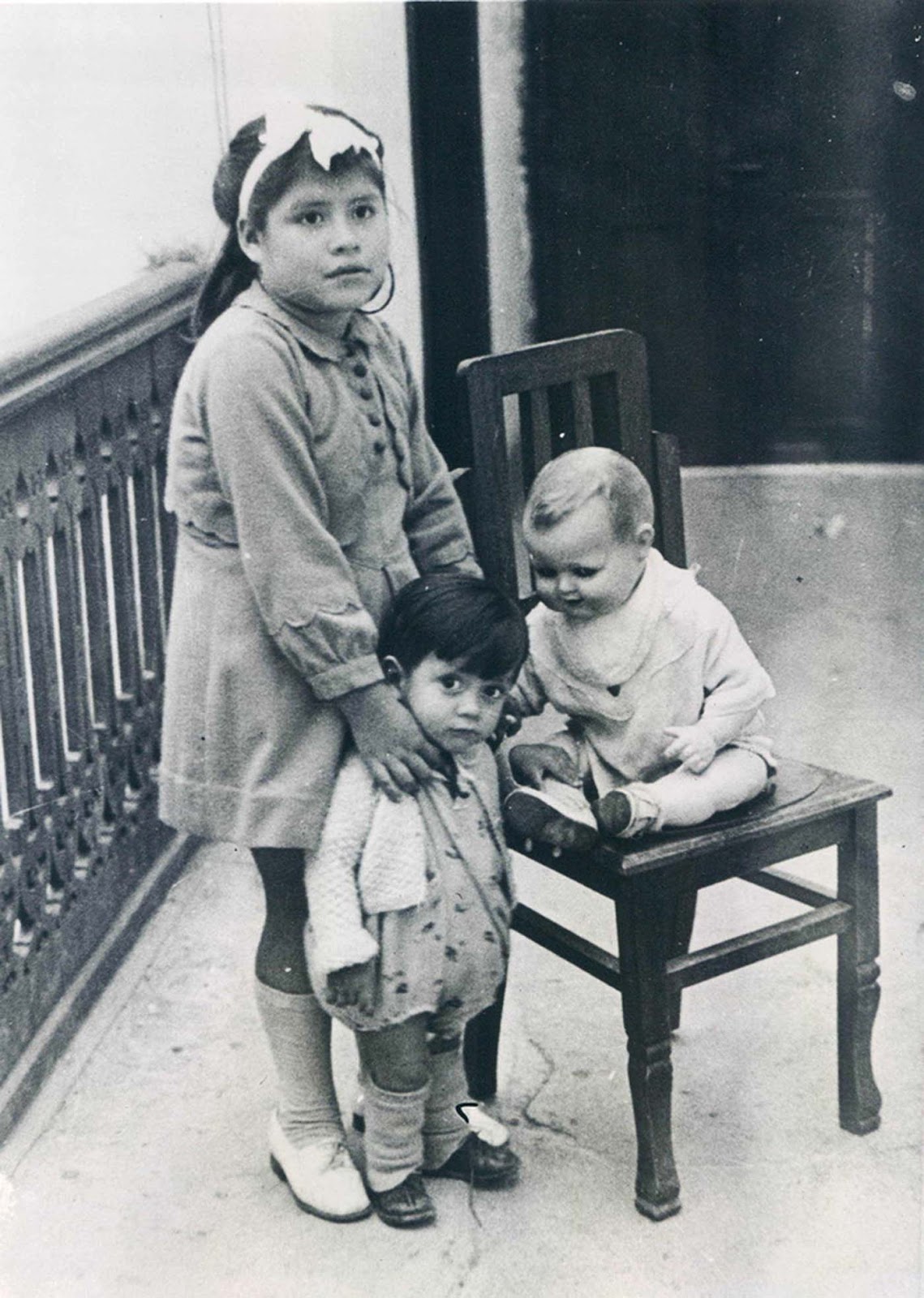Lina Medina, born on September 27, 1933, in Peru, holds the record as the youngest confirmed mother in medical history. Her extraordinary story has captivated the world, raising questions about childhood, parenting, and the implications of such a unique situation. From her early life to the circumstances surrounding her pregnancy, Lina's case is not only a medical anomaly but also a reflection of societal issues that persist today.
This article delves into the life of Lina Medina, exploring her biographical details, the timeline of events that led to her becoming a mother at an incredibly young age, and the aftermath of her story. We will also discuss the societal implications of her case and the medical aspects surrounding early pregnancy, shedding light on a topic that remains relevant in today’s world.
Join us as we unravel the life of Lina Medina, a name that resonates with both shock and intrigue, and learn about the broader implications of her story on our understanding of childhood and motherhood.
Table of Contents
- Biography of Lina Medina
- Early Life of Lina Medina
- The Pregnancy
- Medical Analysis of Lina's Case
- Societal Implications
- Aftermath and Later Life
- Conclusion
- Sources
Biography of Lina Medina
Lina Medina was born on September 27, 1933, in a small village in Peru. She became the youngest mother in the world when she gave birth at the age of five years and seven months. Her case drew worldwide media attention, and she remains a topic of discussion in both medical and ethical circles.
| Date of Birth | September 27, 1933 |
|---|---|
| Country | Peru |
| Age at Motherhood | 5 years, 7 months |
| Child's Name | Gerardo |
Early Life of Lina Medina
Lina's early life in Peru was marked by poverty and limited access to education and healthcare. Her family struggled to make ends meet, which was not uncommon in their community. The specifics of her childhood are scarce, but it is known that she was a healthy child, developing normally until her unusual pregnancy began to unfold.
Childhood Health and Development
- Normal growth and development until age five.
- Physical maturity beyond typical development for her age.
The Pregnancy
The circumstances surrounding Lina's pregnancy are troubling and complex. At just five years old, she began to show signs of pregnancy, which led her family to seek medical advice. In 1939, doctors confirmed that Lina was pregnant, and she gave birth to a healthy baby boy named Gerardo on May 14, 1939.
Medical Confirmation
- Pregnancy confirmed by Dr. Edmundo Escomel.
- Gerardo weighed 2.7 kg at birth.
Medical Analysis of Lina's Case
Lina's case presents a rare medical condition known as precocious puberty, which causes children to experience puberty at an unusually early age. This condition is often linked to hormonal imbalances or genetic factors and can result in early pregnancy.
According to medical experts, Lina's early pregnancy is attributed to a combination of genetic and environmental factors. The implications of her case extend beyond the individual, raising concerns about child welfare and the responsibilities of guardians.
Societal Implications
The story of Lina Medina highlights several critical societal issues, including child exploitation, the need for child protection laws, and the importance of education. Her pregnancy at such a young age raises ethical questions about consent, parental responsibility, and the impact of poverty on vulnerable children.
- The importance of safeguarding children's rights.
- Educational initiatives to prevent child exploitation.
- Legal frameworks to protect minors from abuse.
Aftermath and Later Life
After giving birth, Lina's life took a different course. She was raised by her family, who reportedly kept her story private for many years. Lina married in her twenties and had two more children, leading a relatively quiet life away from the public eye.
Today, Lina Medina lives in Peru, and her story continues to serve as a case study in both medical and ethical discussions regarding early pregnancy and childhood development.
Conclusion
Lina Medina's story is a poignant reminder of the complexities surrounding childhood and motherhood. Her case raises essential questions about societal responsibilities toward children and the need for protective measures against exploitation. As we reflect on the life of Lina Medina, it is crucial to advocate for children's rights and ensure that such anomalies are addressed comprehensively.
We encourage readers to share their thoughts on Lina's story in the comments below and to explore related articles on our site that discuss child welfare and protection.
Sources
- World Health Organization (WHO) - Childhood Development
- Pediatrics Journal - Early Pregnancy and Precocious Puberty
- National Child Protection Alliance - Safeguarding Children's Rights
Article Recommendations
- Meet Timothy Christopher Stokely An Accomplished Visionary
- Jesse Pinkmans Net Worth How Much Is He Worth Today
- Unveiling Jessica Tarlovs Financial Status Whats Her Net Worth


